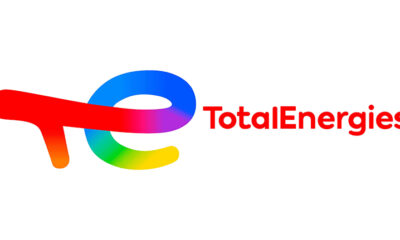Kuda Technologies, a leading fintech company with operations in Nigeria and the United Kingdom, has successfully raised nearly $100 million in funding over the past five years.
This significant milestone was revealed by the company’s Chief Executive Officer, Babs Ogundeyi, during a panel session at the GITEX Africa conference in Morocco.
The GITEX Africa 2024 technology fair, which runs from May 29 to 31 in Marrakech, brings together over 1,500 exhibitors from 130 countries and nearly 700 startups.
During the event, Ogundeyi highlighted Kuda’s growth journey and the difficulties African fintech startups face in attracting foreign investment.
“We launched in Nigeria in August 2019 and have raised close to $100 million within that period,” Ogundeyi announced during the panel session titled “Beyond the Starting Lane: Navigating Advanced Funding.”
The session also featured prominent figures such as Sacha Michaud, co-founder of Glovo in Spain; Yassine Oussaifi, partner at Africinvest Tunisia; and Katlego Maphai, CEO of Yoco South Africa.
The discussion centered on the challenges and strategies for securing advanced funding for startups.
Ogundeyi emphasized that African startups often struggle to secure foreign investment due to investors’ unfamiliarity with the local market environment.
To mitigate this, Kuda Technologies established its headquarters in the UK, facilitating easier access to funding from Western investors.
“We are headquartered in the UK, but we are Africa-focused, and there is a reason why we are headquartered in the UK. It’s very much related to access to funding. The capital comes primarily from the west. It’s easier to attract capital in those jurisdictions,” Ogundeyi explained.
He stressed that securing funding is a rigorous process, particularly in Africa, where trust levels are low.
“When we raised our seed funding, the majority of investors had not been to Africa before, making it difficult to connect with something they didn’t understand. It goes beyond investors seeing the numbers or potential; if you don’t have a feel for the environment or understand the psyche of the people, it becomes very difficult to connect resources to that region,” Ogundeyi elaborated.
Despite the challenges, Kuda Technologies has made significant strides. Its subsidiary, Kuda Microfinance Bank in Nigeria, has grown its customer base to 7.5 million users, making it one of the largest fintech companies in Africa.
The company’s expansion strategy includes obtaining licenses in Canada and Tanzania, reflecting its vision of global reach.
Ogundeyi’s insights were echoed by Sacha Michaud, who noted that venture capitalists tend to invest in regions where they feel comfortable.
“We launched in Africa six years ago and were in high funding mode. In every funding round, we had to convince our investors why we were focusing on the region when we could invest our resources in higher-return areas like Europe,” Michaud shared.


 Naira5 days ago
Naira5 days ago
 Naira4 weeks ago
Naira4 weeks ago
 Naira4 weeks ago
Naira4 weeks ago
 Naira1 week ago
Naira1 week ago
 Naira4 weeks ago
Naira4 weeks ago


 Naira4 weeks ago
Naira4 weeks ago




 Naira2 weeks ago
Naira2 weeks ago


 Appointments3 weeks ago
Appointments3 weeks ago





















